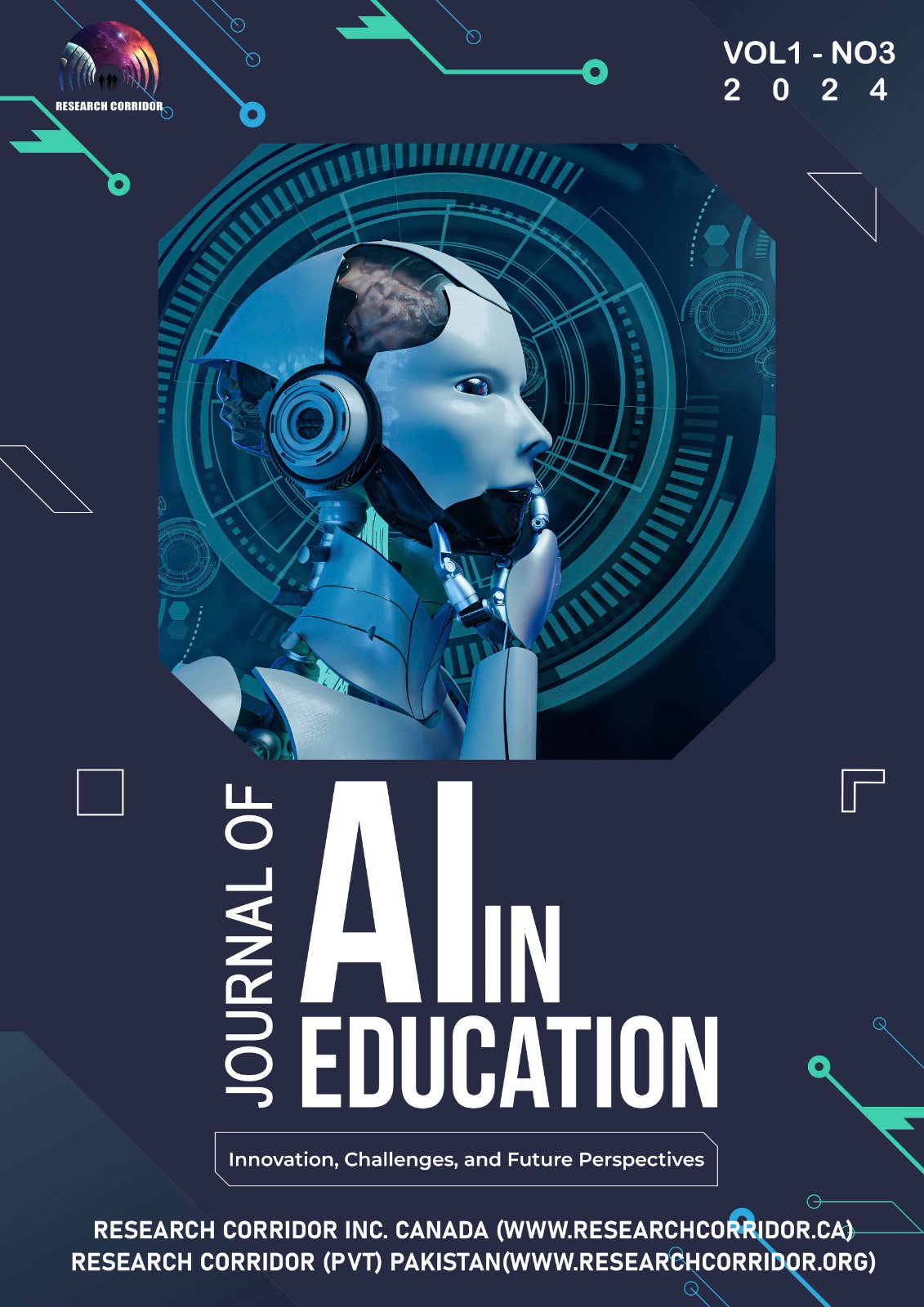Artificial Intelligence in Language Learning: Benefits, Pitfalls, and Future Directions
Keywords:
Artificial Intelligence, language learning, adaptive learning, intelligent tutoring systems, natural language processing, speech recognition, educational technology, human-AI interaction, deep learning, ethical considerations in AIAbstract
Artificial Intelligence (AI) has revolutionized language learning by providing learners with personalized, interactive, and efficient educational experiences. AI-powered tools such as intelligent tutoring systems, chatbots, and adaptive learning platforms offer customized content tailored to individual proficiency levels, fostering greater learner engagement. AI also enhances language acquisition through automated feedback, speech recognition, and natural language processing, making learning more accessible and immersive. However, despite its advantages, AI presents several challenges, including ethical concerns, data privacy risks, and the potential for reduced human interaction. Moreover, AI-driven tools may perpetuate biases present in training data, leading to inaccuracies in language instruction. Additionally, overreliance on AI can hinder the development of critical thinking and spontaneous conversational skills, which are essential in real-world language use. Looking ahead, advancements in AI, particularly in deep learning and machine translation, will continue to refine language learning methodologies. Future research should focus on developing ethical frameworks for AI implementation, ensuring unbiased learning experiences, and balancing technology with human interaction. This paper explores the benefits and limitations of AI in language learning while proposing future directions to enhance its effectiveness.





